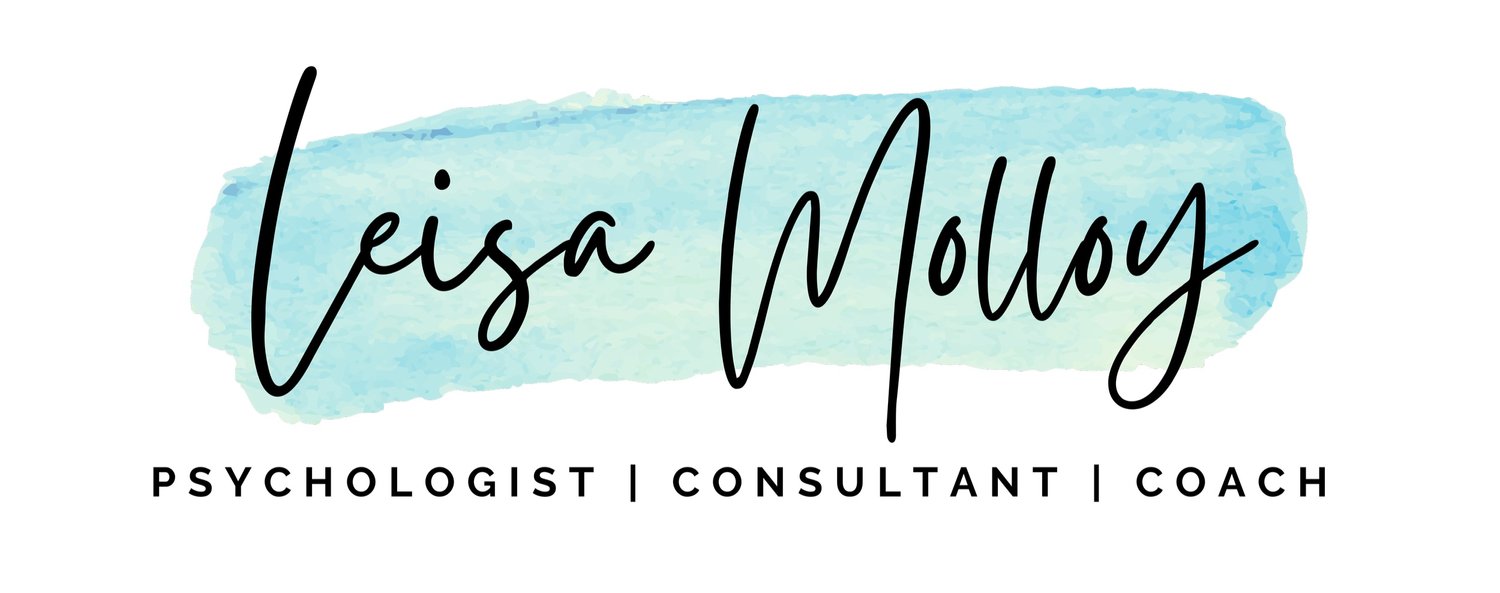On Burnout, Good Listening & Building an Emotional Support Network
Well, here we are in December - another year is almost done! I'm not sure about you, but I am very much looking forward to a long break over the holiday period, which means the next newsletter will arrive in February. Hopefully everyone is feeling energised and ready for the year ahead by then!
Now, onto this month's reading and resources...
Do you have an emotional support network at work?
As this article states in the opening paragraph, "Everybody, from entry-level professionals to C-suite executives, needs support at work from time to time." As both a psychologist and someone who has worked in leadership development for many years, I tend to agree. This is why I enjoyed this Atlassian article exploring the benefits of building a network of trusted people who can offer emotional support at work.
One part that particularly resonated? The importance of having a safe place in which to do some "healthy venting". Indeed, this is something that I've often seen go wrong for leaders who don't have an appropriate outlet for doing so, or who engage only with people who tend to add fuel to the fire. I also liked the emphasis on getting clear about the kind of support you need before engaging others. You'll find the article here via the Atlassian blog.
Have you ever used a phrase like this?
The first thing I need to say about this article is that I really don't like the 'clickbait' style headline - argh! But if you put that aside, the article itself is a good reminder of how becoming more emotionally aware can support leadership effectiveness.
I quite liked the examples of things you can actually say to pause, slow down, or take a moment to recognise what is going on emotionally during a conversation (for either yourself or others). Have you ever used any phrases like these?
You can read the article here – again, ignore the unrealistic promises in the headline! :-)
Do you work with someone you don't particularly like?
This HBR article explores a scenario that many find tricky - working with someone that you don't particularly like or respect. More specifically, it includes a number of prompts for handling these situations, with a strong emphasis on building self-awareness and challenging your own beliefs. Indeed, the author reminds us of the strong role that our unconscious biases can play, and the fact that our 'social brains' often begin keeping a "file" of others' (perceived) wrongdoings in an effort to keep us safe. It's a good reminder to keep asking yourself some important questions posed in the article, e.g. What exactly are you reacting to, and why? What don't you know about the other person? What strengths do they bring to the table? What is the most productive and respectful way to handle this scenario? You can read the article here.
What actually makes a good listener?
This month I'm sharing something a little bit different - an interview I did around a year ago on the topic of listening. Really, it was less of an "interview" and more of a 'deep dive' conversation with my friend and mentor Nick Hughes on what good listening looks like, why it can be so difficult, and some of the behaviours, skills and habits that can help to build your listening 'muscle'.
We also chatted about the importance of listening more intentionally, becoming more curious, and putting our own judgments and assumptions aside.
If you are keen to listen (haha - see what I did there!?), you'll find a video version on YouTube via this link or an audio version via this link. Hopefully someone else enjoys nerding out on this topic as much as we did...!
Are your people experiencing burnout?
In this podcast episode, Dr. Christina Maslach explores the question of what burnout really is - a combination of exhaustion, negative feelings about the job or workplace itself, and a lowered sense of self-efficacy.
She also outlines 6 different factors that contribute to burnout when a mismatch exists (workload, reward, control, community, fairness, and values). Finally, you'll also hear about some different ways in which the pandemic may have contributed to burnout, and where organisations often go wrong in trying to address it.
I think it's a great discussion of this important topic, especially for those in people related or leadership roles. You can listen to the podcast interview via the Speaking of Psychology website, or here on Spotify or Apple podcasts.
How good is your emotional vocabulary?
This month's freebie is a simple one-pager that can help to build "emotional literacy", which refers to the skill of accurately identifying & naming your own or others' emotions.
Along with a few other resources, it is something I often share with coaching or workshop participants who are learning to use more reflective statements with others (e.g. "It sounds as though you are feeling...").
To download a PDF version of the resource sheet, simply follow this link.
Thanks for reading! Feel free to share with anyone who might find these insights helpful, or who might want to sign up and join the community.






